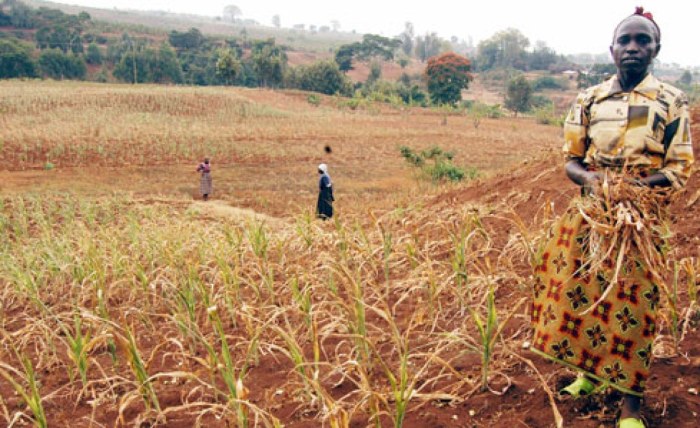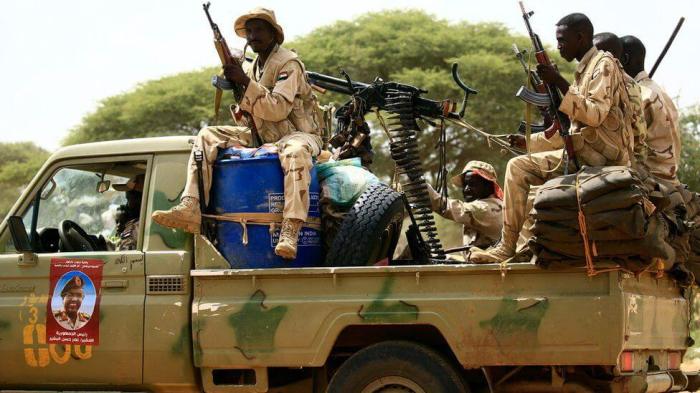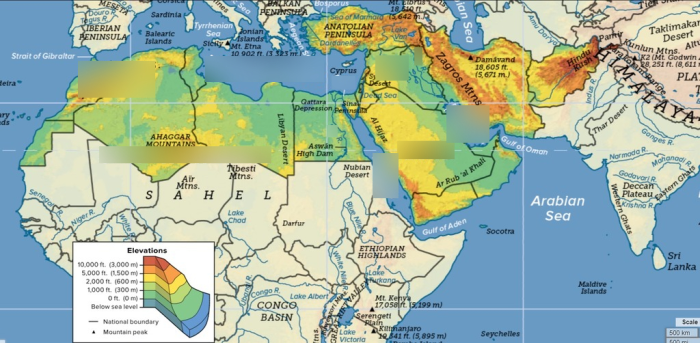Match each group to the correct region. cambodia darfur rwanda – Delving into the intricate tapestry of conflict, geopolitics, and human resilience, this comprehensive exploration of Cambodia, Darfur, and Rwanda unveils the complexities of these regions, shedding light on their historical, cultural, and socioeconomic landscapes.
Through a meticulous analysis of conflicts, humanitarian crises, regional contexts, and developmental challenges, this study unravels the factors that have shaped the destinies of these nations, offering a nuanced understanding of their present realities and future prospects.
Conflict and Humanitarian Crises: Match Each Group To The Correct Region. Cambodia Darfur Rwanda

The conflicts in Cambodia, Darfur, and Rwanda have had devastating consequences for the people of these regions. These conflicts have been characterized by widespread violence, human rights abuses, and displacement of populations.
The causes of these conflicts are complex and varied, but they often include political, economic, and social factors. The consequences of these conflicts have been far-reaching, and they have included the loss of life, the destruction of property, and the displacement of millions of people.
Cambodia
- The Cambodian genocide was a period of mass killings and political repression that occurred in Cambodia from 1975 to 1979.
- The genocide was perpetrated by the Khmer Rouge regime, led by Pol Pot.
- An estimated 1.7 million people were killed during the genocide, which represents approximately one-quarter of the country’s population at the time.
Darfur, Match each group to the correct region. cambodia darfur rwanda
- The Darfur conflict is an ongoing armed conflict in the Darfur region of Sudan.
- The conflict began in 2003 when rebels from the Sudan Liberation Movement and the Justice and Equality Movement launched an offensive against the Sudanese government.
- The Sudanese government has been accused of committing war crimes and crimes against humanity in Darfur.
Rwanda
- The Rwandan genocide was a period of mass killings and political repression that occurred in Rwanda in 1994.
- The genocide was perpetrated by the Hutu majority against the Tutsi minority.
- An estimated 800,000 people were killed during the genocide, which represents approximately one-tenth of the country’s population at the time.
The international community has responded to these conflicts in a variety of ways, including through the provision of humanitarian aid, the deployment of peacekeeping forces, and the imposition of sanctions.
The humanitarian crises that have resulted from these conflicts have been severe. Millions of people have been displaced from their homes, and many have been forced to live in refugee camps or other temporary shelters.
The international community has made significant efforts to address the humanitarian crises in Cambodia, Darfur, and Rwanda. These efforts have included the provision of food, water, and shelter, as well as the establishment of health clinics and schools.
However, the humanitarian crises in these regions continue to be a major challenge. The international community must continue to provide support to the people of these regions in order to help them rebuild their lives and recover from the trauma of conflict.
FAQs
What were the primary causes of the conflict in Cambodia?
The Cambodian conflict was primarily driven by political and ideological differences between the Khmer Rouge and the Cambodian government, fueled by the Cold War dynamics and regional power struggles.
What is the significance of the Darfur conflict?
The Darfur conflict highlights the devastating consequences of ethnic and political marginalization, leading to widespread human rights violations and a humanitarian crisis that displaced millions of people.
How did the Rwandan genocide unfold?
The Rwandan genocide was a systematic and brutal campaign of violence against the Tutsi population, orchestrated by the Hutu extremist government and fueled by ethnic hatred and political manipulation.

